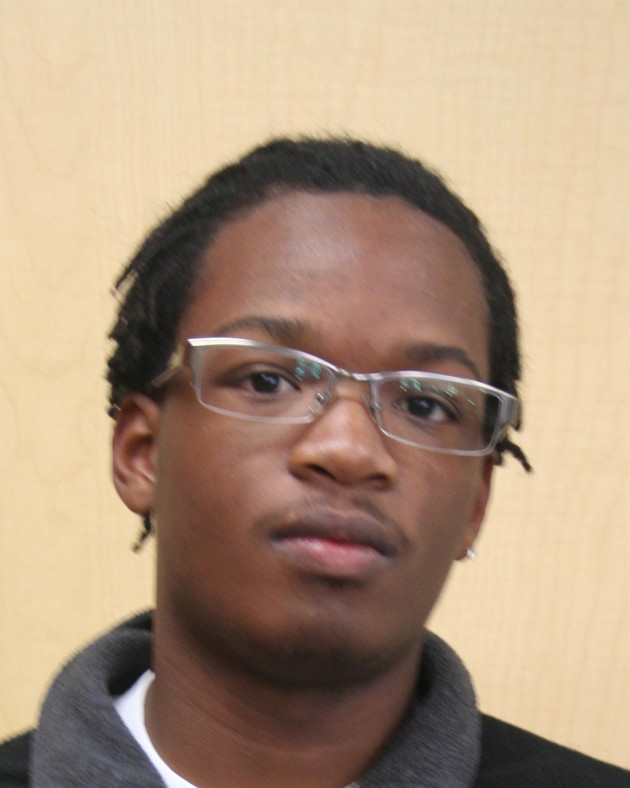
“Wow, that lil girl’s name is hella ghetto! That poor thing ain’t gone never get no job!”
I recall hearing this blurted out by a Black adult during my childhood. But as a child I was not completely sure of what a “ghetto name” was, or how a name could possibly lead to unemployment.
However, today, as a 20-year-old, young adult I am fascinated with original Black names, but I am also constantly asking myself the same compelling questions:
“How did “ghetto names” acquire negative connotations in today’s society?”
And is “ghetto” even the best term to describe such Black names? Or is “truly unique” a better term?(For those who have never heard the term, names such as “Shaniqua” or “Daquan” are commonly considered “ghetto.”)
But before one attempts to answer the above questions, he or she must first consider this background information:
When Africans arrived in America as slaves they were stripped of their religion, culture, identity and names. These Africans were often given names from the Christian slave master’s Holy Bible to replace their true African names. Examples of such biblical names are Michael, Joseph, and Jared. (Many African Americans today still carry on this tradition set by their ancestors’ slave master by continuing to give their children names from the Holy Bible.)
This leads me to believe that “ghetto names” are often condemned merely because they are unique and do not follow the deceitful tradition that millions of African Americans have followed for generations. It may be difficult for Black Americans to reclaim their ancestors’ true names and identities, but it is very possible to create new identities by creating new original Black American names.
One may make the claim that, “a name like ‘Lawanda’ has no meaning behind it.” But the truth of the matter is that such Black American names are only decades old. These names do not have much of a history yet; therefore, they do not carry a literal meaning just yet.”
As far as getting a job with a name like “Lakenya” goes, I believe it depends solely on the employer’s personal history with uniquely named Black Americans, and also if the employer chooses to believe negative stereotypes associated with unique Black names.
Yes, it is true that a child named “Tyquan” risks being discriminated against in some of America’s racist work forces.
However, contrary to popular belief, there are Black Americans with names like “Shanita” that have jobs and have had no problem obtaining those jobs. In fact, my old supervisor’s first name was “LaTangle.”
Those who are different are often condemned in society. And Black American names will continue to be condemned merely because of their uniqueness.
In time, unique Black American names will be celebrated! And classes will be held at the collegiate level to study the history behind Blacks in America and the special conditions that led them to come up with such unique names.
…Or maybe I am wrong and bias… Maybe they are indeed just plain old “ghetto.”
Jared Hasani Banks is a junior English major from Sacramento, Calif.
